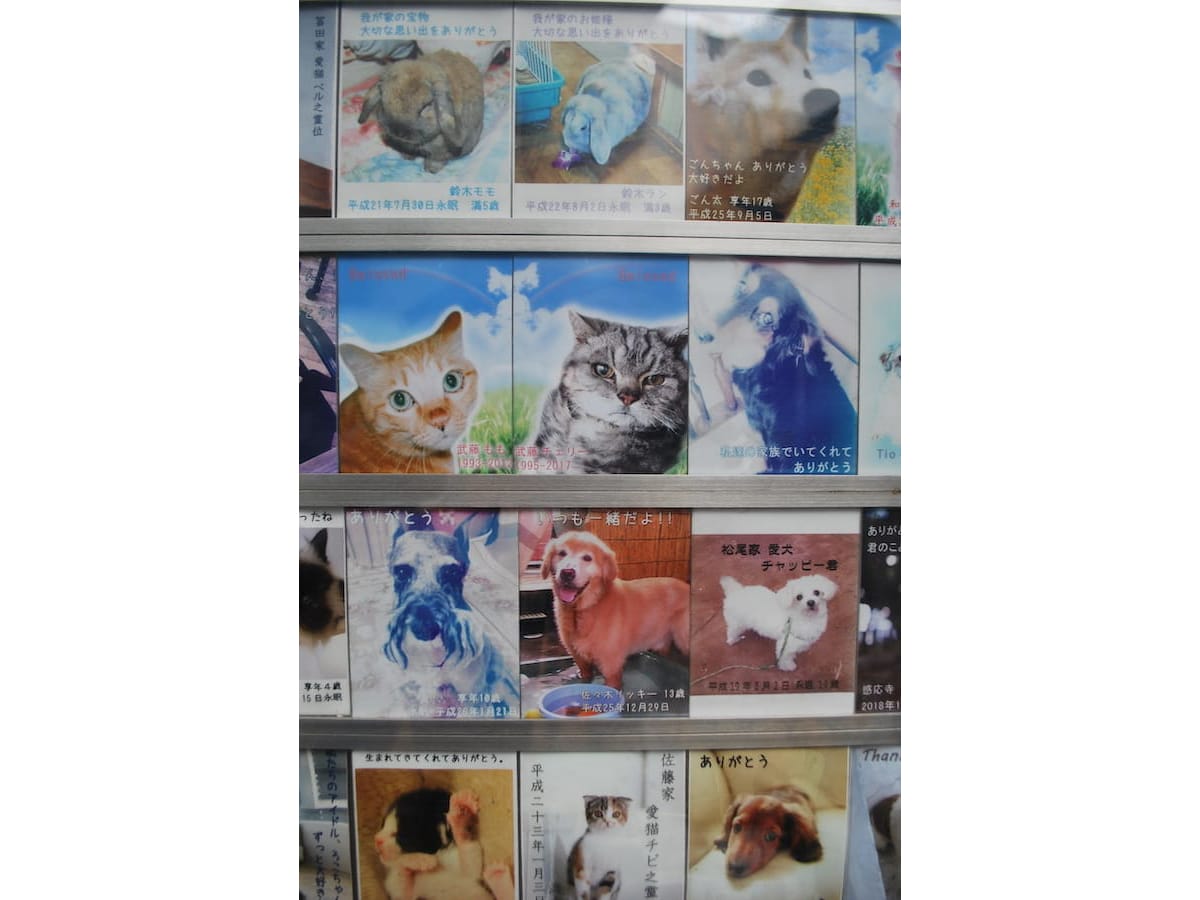
Photo by George Lloyd
Kannō-ji: a temple where pet lovers pray for the rebirth of their beloved cats and dogs in paradise
Related Article
-

Owner of Many Cats Gets Definitive Answer: Cat Bed or Cardboard Box?
-
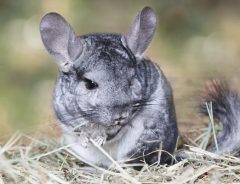
Chinchillas Have The Greatest Reactions To Massages
-
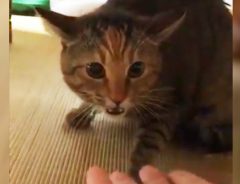
Watch Japanese Cat’s Violent Reaction to Being Cheated on With Another Cat
-
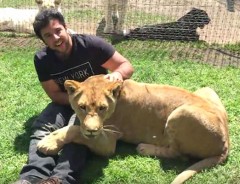
This Lioness Was Reunited With Her Adoptive Dad And Their Friendship Didn’t Skip A Beat
-
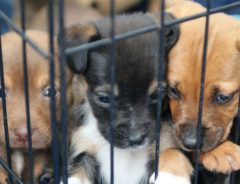
Japan’s problem with puppy farms, plus where to adopt a pet in Japan
-

Buddhist Temple Offers Psychedelic Memorial Service To The Beat Of Techno Music


Japan is the only country in the world where pets outnumber children. Not only are there more pets in Japan than ever, but their owners are far more attached to them.
Many people have come to regard their pets as members of the family, so it should come as no surprise that Buddhist temples in post-growth, post-childbearing Japan often receive requests from bereaved owners wanting to bury their dead pets in the family grave.
There are 900 pet cemeteries in Japan, about 120 of which are operated by Buddhist temples. One such temple is Kannō-ji 感応寺 in Setagaya, west Tokyo, which has earned the affectionate moniker of “the cat temple.”
A pet dachshund buried alongside his owner at Kannoji temple in Setagaya. | Photo by George Lloyd
Head priest Narita Junkyō started to provide funeral services for pets and stray dogs and cats from local animal shelters around 13 years ago. The temple even has a special pet crematorium and Mr. Narita also allows people to be buried with their pets’ ashes.
Kannō-ji temple’s special “plus pet” graves have a separate space for your pet’s ashes in your burial plot. Mr. Narita says this allows his temple to meet the wishes of pet owners without offending other families whose relatives are buried in the cemetery. Today, almost half of the funerals and memorial services that take place at Kannō-ji are for pets.
A cat’s last resting place at Kannoji, with tin of cat food to help him on the way to the Pure Land. | Photo by George Lloyd
The growing number of pet owners wanting funerals for their beloved companions has generated heated debate among Buddhist scholars. Can pets really be born again in the Pure Land after death?
Adachi Toshihide, a member of a Buddhist research institute at Kyoto temple Chion-in, doesn’t think so. “Hōnen believed it impossible for animals to experience rebirth in the Pure Land, without first being reborn in another form,” he told a reporter from Nippon.com in February 2019.
Pure Land Buddhism is the most common school of Buddhist thought in Japan. It is based on the teachings of the twelfth-century monk Hōnen 法然, who believed that a person could be reborn in the Pure Land after death simply by reciting Namu Amida Butsu (“I take refuge in the Amida Buddha”).
Of course, pets cannot chant sutras, so for a dog or cat to be reborn in the Pure Land, it would first have to accumulate good karma in the realm of animals, and then be reborn as a human and recite the sutras.
Photo by George Lloyd.
But Hayashida Kōjun of Taisho University has argued that this is a misinterpretation of what Hōnen meant to say about reincarnation. “Hōnen also taught that animals can achieve rebirth in the Pure Land through a transfer of merit,” he says.
The idea of transfer of merit, or ekō 回向 as it is known in Japanese, arose in response to complaints that conventional Buddhist thought leaves no room for people who are unable to chant sutras, such as some handicapped people and stillborn babies.
Hayashida Kōjun says that pets can be reborn in the Pure Land if their owner reads the sutras and carries out other Buddhist ceremonies during the 49 days after their death, for the merit they earn will be transferred to their pet’s soul.
These tiny figurines on a family grave show how the supposed innocence of animals has become representative of the life that awaits the believer in the Pure Land. | Photo by George Lloyd.
But Mr. Kōjun’s take on ekō is far from conventional and for now, at least, most Buddhist priests say that the idea that a human can be reunited with her pet in paradise after death is nonsense.
Distraught at their priest’s refusal to bury pets or say prayers for them, some pet owners have severed ties with their family temple. They say that, far from being New Age mumbo-jumbo, the practice of saying prayers for dead animals has a history in Japan stretching back as far as the Jōmon period (14,000-1000 BCE).
Whilst true, this rather misses the point. In the past, people prayed for the spirits of dead dogs because they were frightened of them. The attachment many people feel to their pets is a recent phenomenon, a product of the renewed interest in all things spiritual that sprang up in late twentieth-century Japan, the dearth of children and the perennial loneliness that many Japanese feel. That’s why praying for dead cats and dogs in the hope that they will meet them again in the Pure Land has become perfectly natural for many Japanese pet owners.